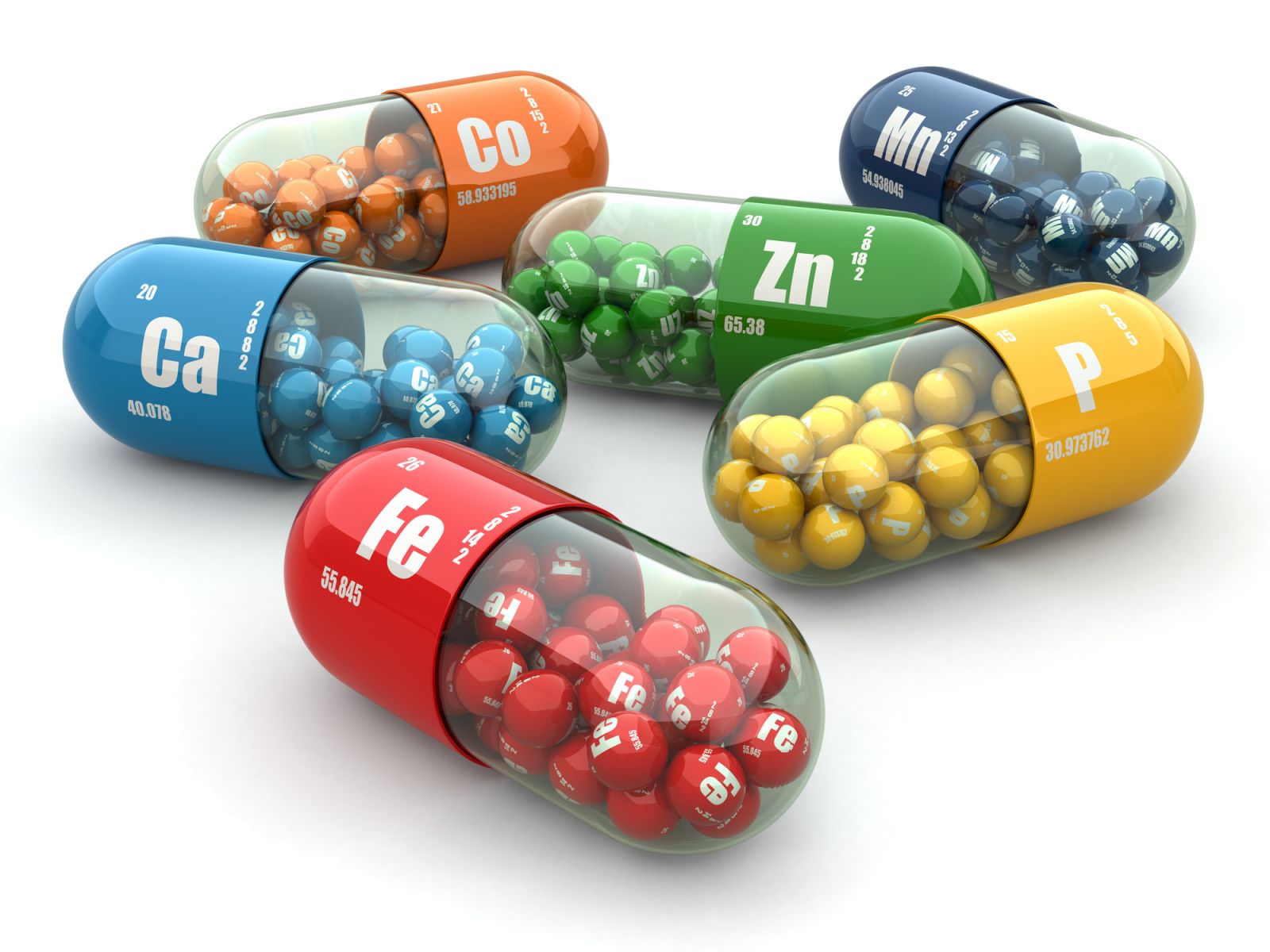The best foods for vitamins and minerals
How
to ensure you get the right vitamins and minerals in the right amounts

Vitamins and minerals are as essential for living as air and water. Not only do they keep your body healthy and functional, they protect you from a variety of diseases.
Vitamins and minerals get thrown together, but they are quite different. Vitamins are organic substances produced by plants or animals. They often are called "essential" because they are not synthesized in the body (except for vitamin D) and therefore must come from food.
Minerals are inorganic elements that originate from rocks, soil, or water. However, you can absorb them indirectly from the environment or an animal that has eaten a particular plant.
Two types of each
Vitamins are divided into two categories: water soluble—which means the body expels what it does not absorb—and fat soluble where leftover amounts are stored in the liver and fat tissues as reserves. The water-soluble vitamins are the eight B vitamins (B-1, B-2, B-3, B-5, B-6, B-7, B-9, and B-12) and vitamin C. The fat-soluble vitamins are A, D, E, and K.
There are many minerals, but certain ones are necessary for optimal health. Minerals are split into two groups: major and trace. Major ones are not necessarily more important than trace, but it means there are greater amounts in your body.
The top food sources
Federal guidelines suggest minimum daily amounts for vitamins and key minerals. However, unless you need to increase your intake for specific ones because of a deficiency or other medical reason, following so many numbers can be confusing.
The best approach to ensure you get a variety of vitamins and minerals, and in the proper amounts, is to adopt a broad healthy diet. This involves an emphasis on fruits and vegetables, whole grains, beans and legumes, low-fat protein, and dairy products. The good news is that many common foods contain multiple mineral and vitamin sources, so it is easy to meet your daily needs from everyday meals.
:
Vitamin Sources
Water soluble:B-1: ham, soymilk, watermelon, acorn squash
B-2: milk, yogurt, cheese, whole and enriched grains and cereals.
B-3: meat, poultry, fish, fortified and whole grains, mushrooms, potatoes
B-5: chicken, whole grains, broccoli, avocados, mushrooms
B-6: meat, fish, poultry, legumes, tofu and other soy products, bananas
B-7: Whole grains, eggs, soybeans, fish
B-9: Fortified grains and cereals, asparagus, spinach, broccoli, legumes (black-eyed peas and chickpeas), orange juice
B-12: Meat, poultry, fish, milk, cheese, fortified soymilk and cereals
Vitamin C: Citrus fruit, potatoes, broccoli, bell peppers, spinach, strawberries, tomatoes, Brussels sprouts
Fat soluble:
Vitamin A: beef, liver, eggs, shrimp, fish, fortified milk, sweet potatoes, carrots, pumpkins, spinach, mangoes
Vitamin D: Fortified milk and cereals, fatty fish
Vitamin E: vegetables oils, leafy green vegetables, whole grains, nuts
Vitamin K: Cabbage, eggs, milk, spinach, broccoli, kale
Minerals
Major:Calcium: yogurt, cheese, milk, salmon, leafy green vegetables
Chloride: salt
Magnesium: Spinach, broccoli, legumes, seeds, whole-wheat bread
Potassium: meat, milk, fruits, vegetables, grains, legumes
Sodium: salt, soy sauce, vegetables
Trace:
Chromium: meat, poultry, fish, nuts, cheese
Copper: shellfish, nuts, seeds, whole-grain products, beans, prunes
Fluoride: fish, teas
Iodine: Iodized salt, seafood
Iron: red meat, poultry, eggs, fruits, green vegetables, fortified bread
Manganese: nuts, legumes, whole grains, tea
Selenium: Organ meat, seafood, walnuts
Zinc: meat, shellfish, legumes, whole grains

No comments:
Post a Comment